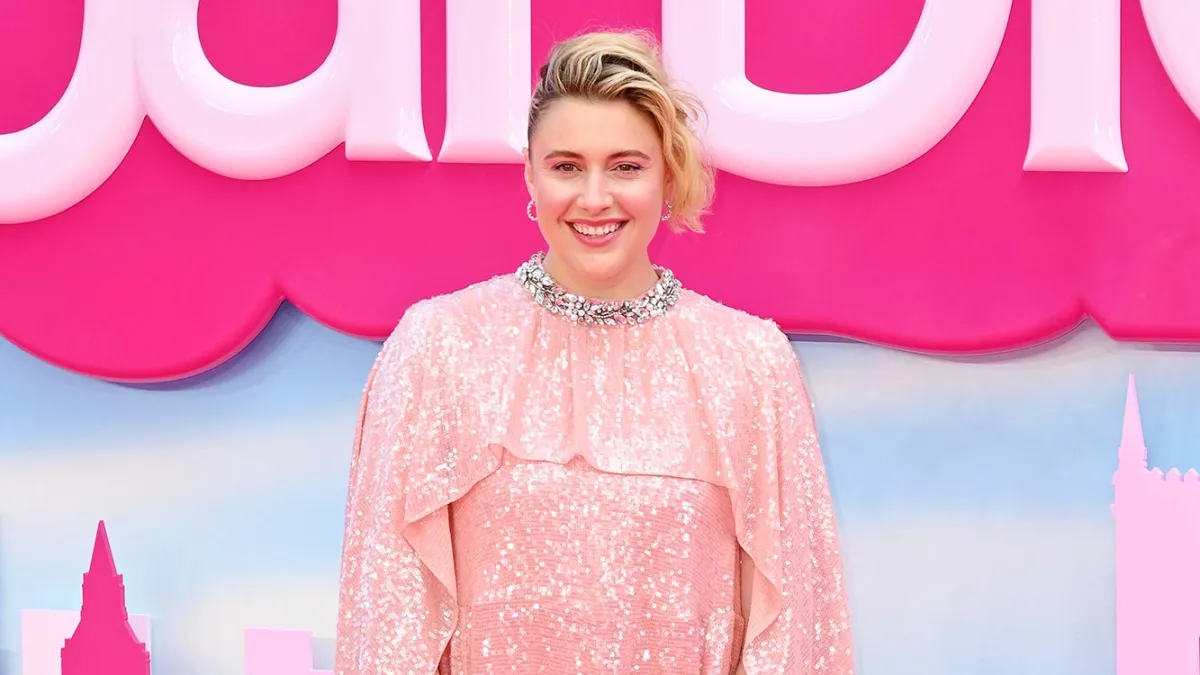Each has a distinct creative voice that contributes to diversity in film and television.
Hollywood hasn’t always been a haven for women who dream of becoming film or television directors.
While things are much better now than they were a few decades ago, male filmmakers still outrank their female counterparts 20 to 1, according to a recent analysis from USC Annenberg.
Still, we can be thankful that the talents of female creatives are more encouraged and represented these days.
And since it’s International Women’s Month, it would be great to know more about some of tinseltown’s best female filmmakers and their representative works.
We’ve rounded up seven of them here, each with her own unique creative voice that contributes to diversity in film and television. Please note that this is by no means a complete list.
Kathryn Bigelow
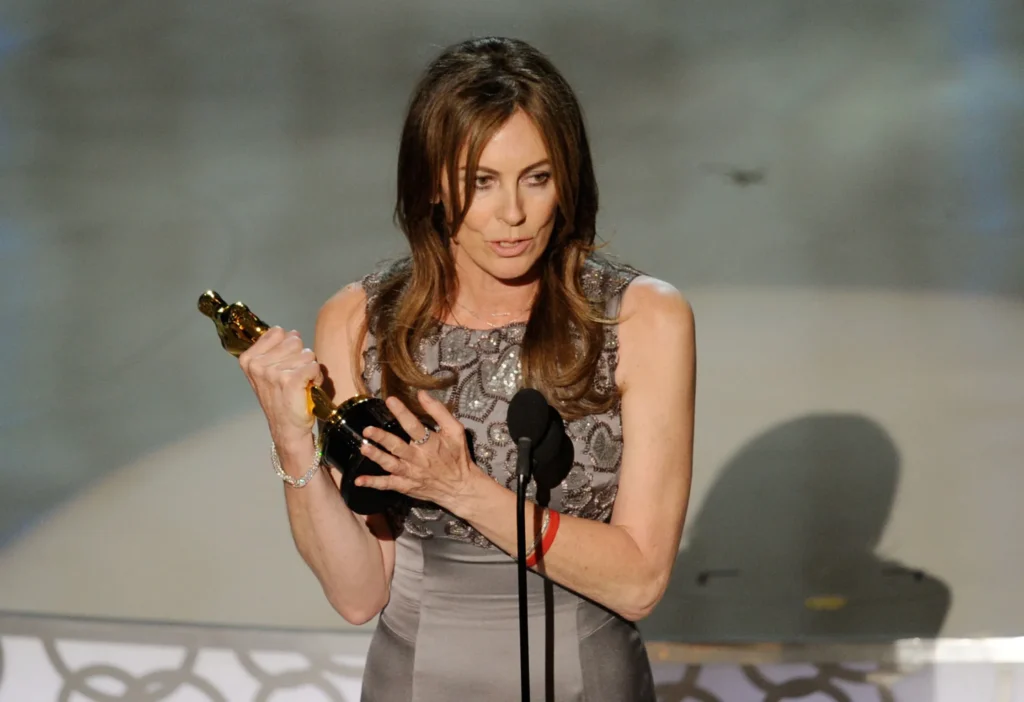
Bigelow has the distinction of being the first woman to win Best Director at the Oscars for her movie The Hurt Locker.
This win was made even more momentous considering the race was tight at the 82nd Academy Awards in 2010, wherein Bigelow won against Quentin Tarantino’s Inglourious Basterds and her former husband James Cameron’s Avatar.
The Hurt Locker took home a total of six Oscars, also winning Best Picture (making it the first female-directed film to have won the award), Film Editing, Sound Editing, Sound Mixing, and Original Screenplay.
She has since directed the spy thriller Zero Dark Thirty (2012) and the crime drama Detroit (2017).
Jane Campion
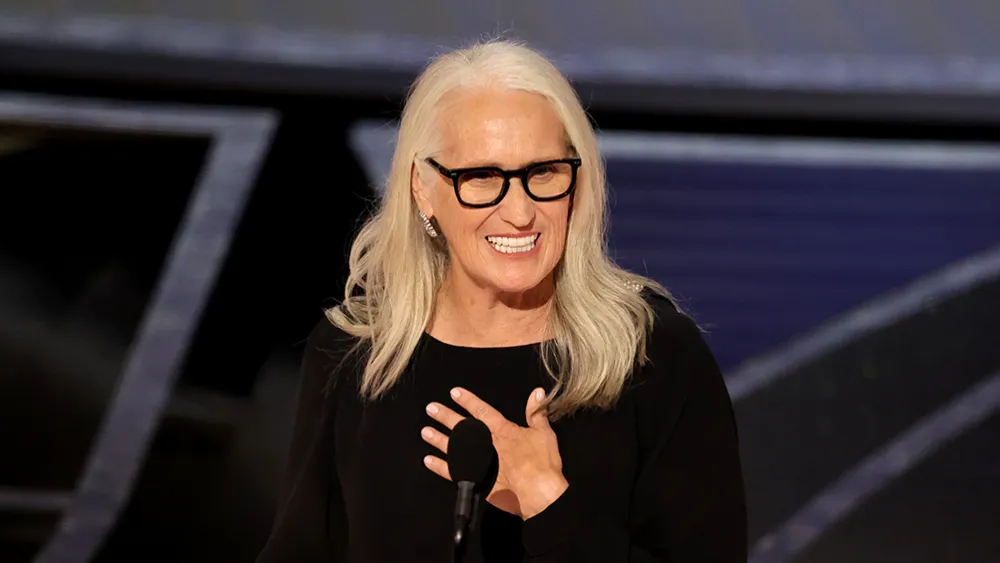
Campion is one of the greatest directors of all time—regardless of gender.
The groundbreaking New Zealand-born filmmaker made history as the first woman to win the Palme d’Or at the Cannes Film Festival for her film The Piano (1993).
It is the same film which saw her becoming the second woman to be nominated for Best Director at the Academy Awards and for which she won an Oscar for Best Original Screenplay.
Italian-born filmmaker of Swiss descent Lina Wertmüller was the first female director nominated for the Academy Award for Best Director for her 1975 film Seven Beauties.
As of 2022, Campion remains the only woman to be nominated twice for the Academy Award for Best Director, winning once for The Power of the Dog in 2021.
Her other notable works include The Portrait of a Lady (1996), Holy Smoke (1999), In the Cut (2003), and Bright Star (2009).
Niki Caro
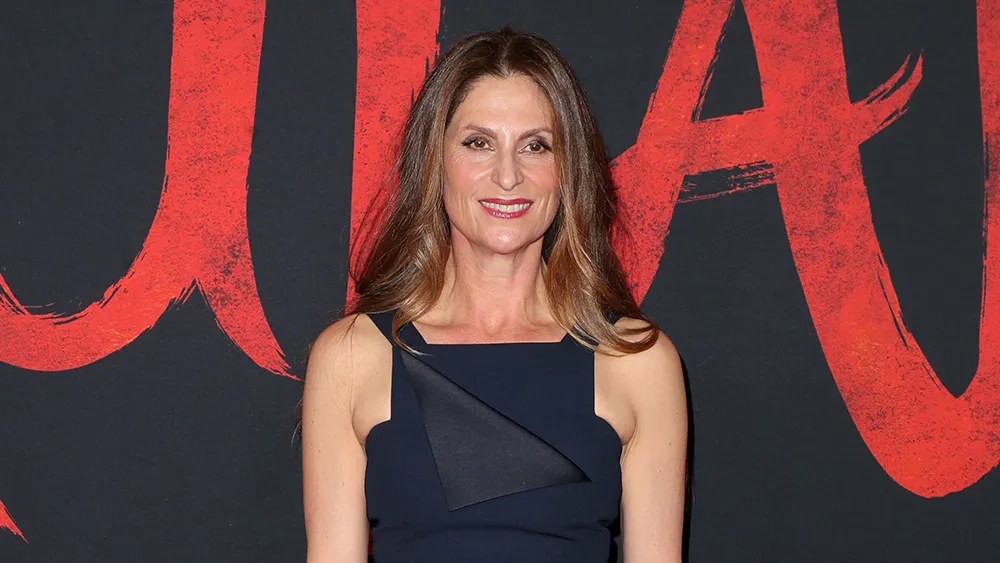
Another New-Zealand born director, Caro first gained international renown for her hit film Whale Rider (2002), which won a BAFTA Children’s Award for Best Feature Film and was nominated for an Oscar.
She was nominated for a Palme d’Or – Best Short Film for Sure to Rise (1994), and directed Charlize Theron in an Oscar- and Golden Globe-nominated performance in the 2005 film North Country.
She has also directed Anne with an E (television series), the live action adaptation of Mulan (2020), and The Zookeeper’s Wife (2017).
Sofia Coppola
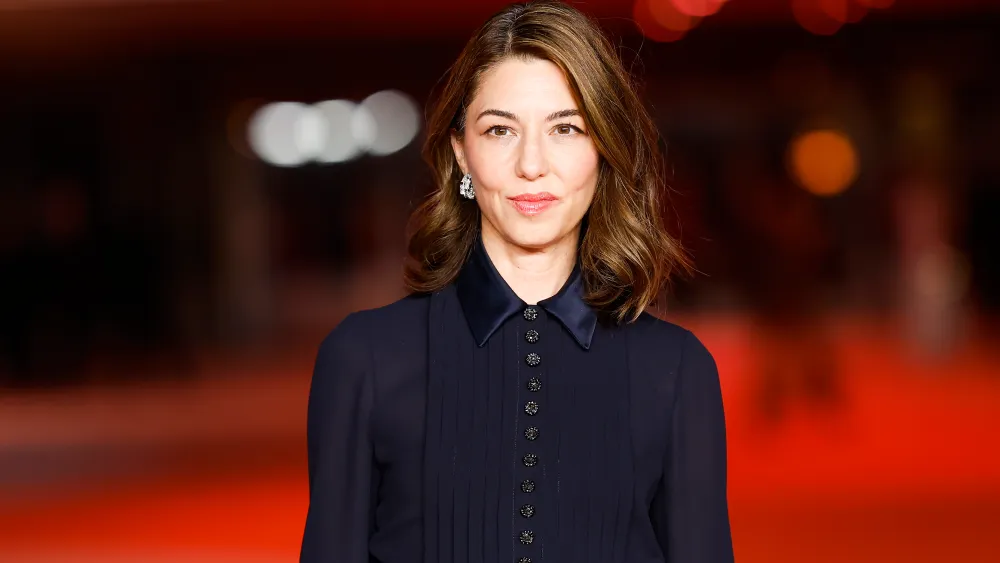
One of the most popular directors on this list, and one of my personal favorites, Coppola is a certified “nepo baby” as the youngest child and only daughter of filmmakers Eleanor and Francis Ford Coppola.
She, however, has achieved so much based on her own merits.
Coppola directed Lost in Translation (2003), which won her the Academy Award for Best Original Screenplay, with the critically-acclaimed film also getting nominations for Best Picture, Best Actor (Bill Murray), and Best Director (Coppola), making her the third woman filmmaker and the first American female director to be nominated for the award.
Coppola also directed the cult favorites The Virgin Suicides (1999), Marie Antoinette (2006), The Bling Ring (2013), and the television special A Very Murray Christmas (2015), starring Murray.
Aside from an Academy Award, she also counts among her numerous accolades a Golden Globe Award, a Golden Lion, and a Cannes Film Festival Award, as well as nominations for three BAFTA Awards and a Primetime Emmy Award.
Greta Gerwig
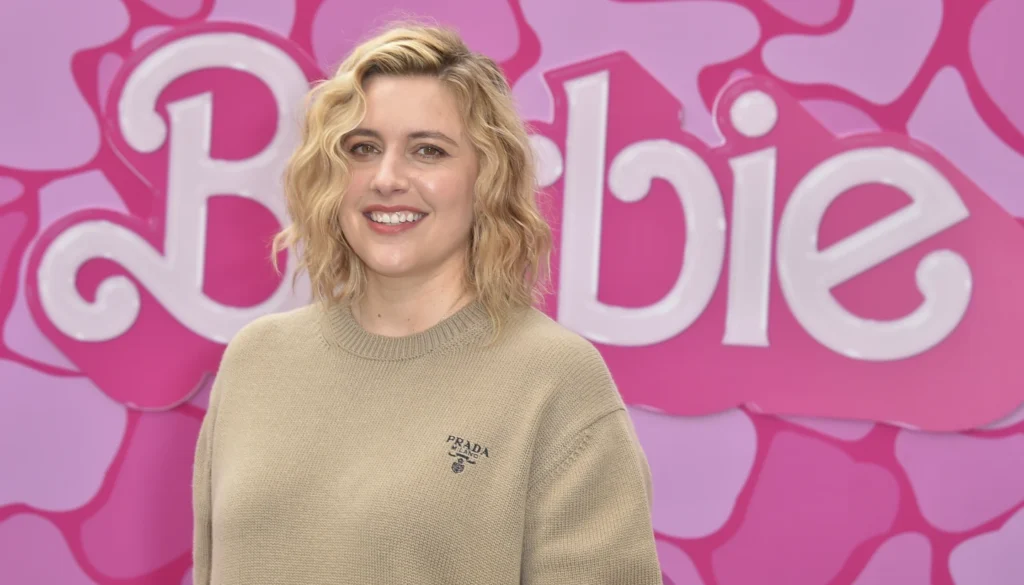
Before the Barbie craze that made Gerwig an international household name, she was already known for her work directing and writing the screenplays for the also Oscar-nominated Lady Bird (2019) and the modern adaptation of Little Women (2019).
For Lady Bird, Gerwig received Academy Award nominations for both her screenplay and direction, with the movie also being nominated for Best Picture.
Little Women, which she both wrote and directed, received a number of Oscar nominations, including nods for Best Picture and Adapted Screenplay.
With Barbie, Gerwig, who is also an actress, made history by being the first woman to direct a movie that grossed over $1 billion.
Coming off the success of “Barbie,” she has set her sights on two film adaptations of The Chronicles of Narnia.
Patty Jenkins
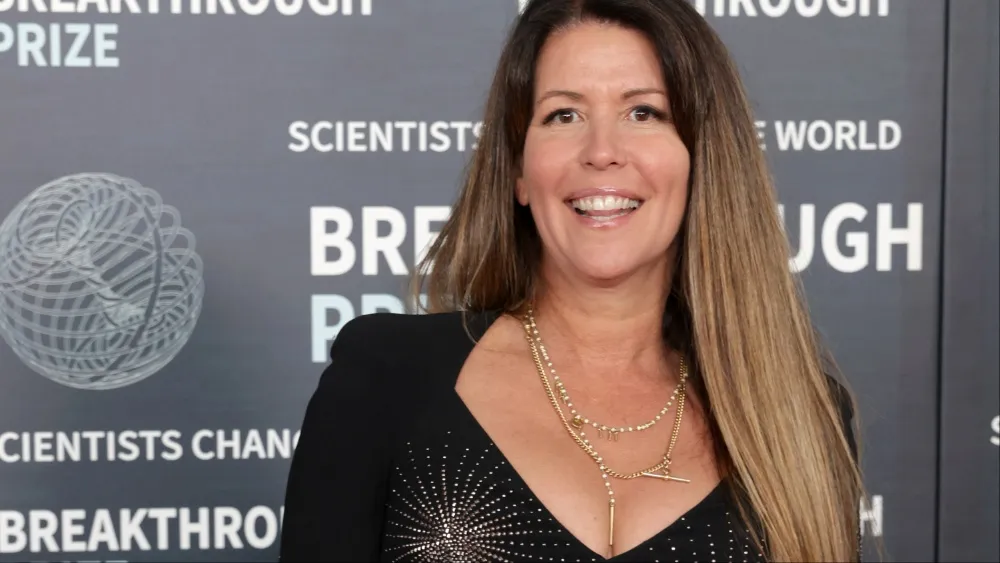


Superhero movies have always been the realm of male directors, until Jenkins came along and directed Wonder Woman (2017) and Wonder Woman: 1984 (2020).
Prior to these, the California-born director, screenwriter, and producer already had an impressive filmography including The Killing, Arrested Development, and Entourage.
Jenkins also wrote the screenplay for Wonder Woman: 1984 and for the highly acclaimed 2003 film Monster starring Theron and Christina Ricci, which was also her feature directorial debut.
The film received numerous awards and nominations, particularly for Theron’s performance, including the Academy Award for Best Actress, the Golden Globe Award for Best Actress in a Drama, the SAG Award for Outstanding Lead Actress, and also the Independent Spirit Award for Best First Feature for Jenkins.
Barbara Streisand
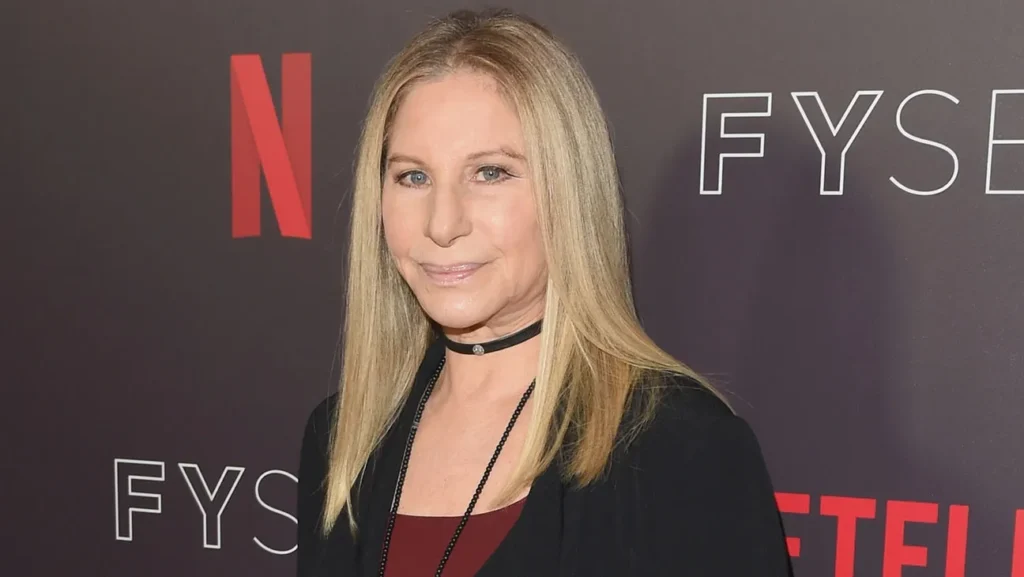


Most of us know Streisand as the legendary, incomparable singer, but what many of us aren’t aware of is that she is the first woman to win a Golden Globe for Best Director for her 1984 musical drama Yentl.
She had that distinction all to herself until 37 years later when Chloé Zhao joined her with a win for Nomadland.
With a career spanning over six decades, Streisand has achieved success in multiple entertainment fields and is among the handful of “EGOT” performers, those who have been awarded an Emmy, Grammy, Oscar, and Tony.
As of 2024, only 19 people have achieved competitive EGOT status and six others have done so with honorary or special awards.

